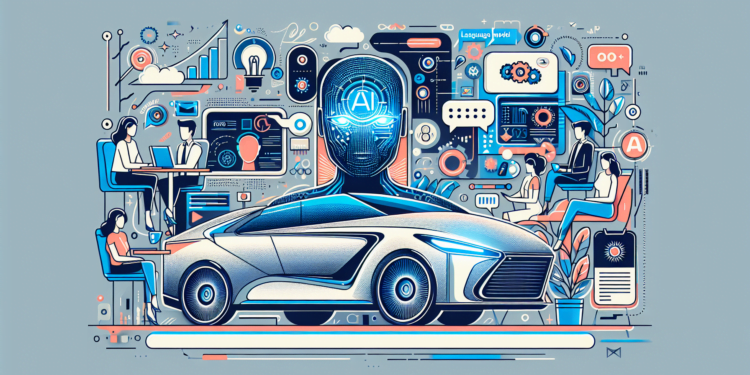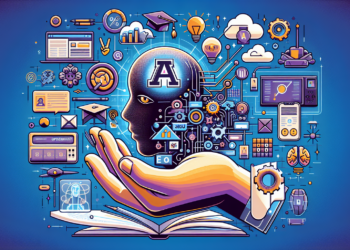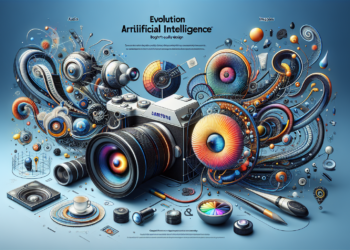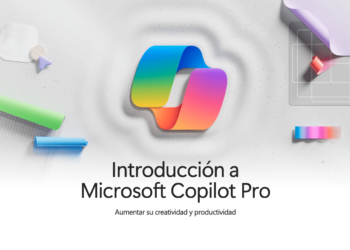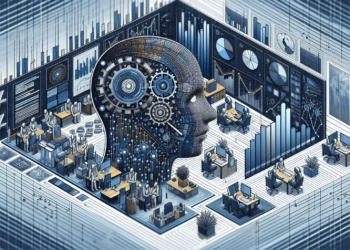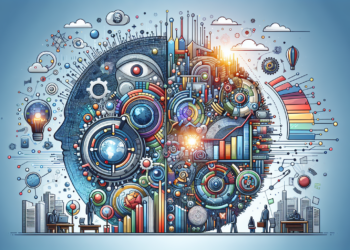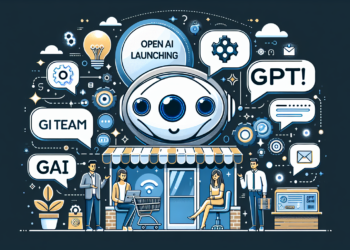Volkswagen’s ambitious project to incorporate ChatGPT-like artificial intelligence (AI) capabilities into their vehicles marks a significant milestone in the convergence of automotive engineering and AI technology. This move by the German multinational not only promises to revolutionize driver-vehicle interaction but also extends the boundaries of what has been considered driver assistance until now.
The journey to the present has been extensive and is based on decades of theoretical and practical evolution in the field of AI. The architecture of intelligent agents, which includes environmental perception through sensors and acting upon that environment using actuators, serves as a foundation to conceptualize the type of systems Volkswagen aims to implement. In the context of this advanced automotive ecosystem, AI is configured to perform roles ranging from navigation assistance to the personalization of the user experience.
Theoretical Foundations and Algorithmic Advances
Incorporating a system akin to ChatGPT into Volkswagen’s vehicles demands expert mastery over deep neural networks and, more specifically, language models that utilize natural language processing (NLP) techniques. Models such as OpenAI’s GPT-3, when trained on vast text corpora, acquire the ability to generate text, answer questions, and perform reasoning tasks coherently and often indistinguishably from a human.
The Transformer architecture, which is the cornerstone of GPT-3, represents a qualitative leap in terms of how AI systems understand and generate language. This stands apart from earlier sequence-to-sequence models for its ability to handle long-range dependencies in text through attention mechanisms that weigh the relative relevance of each word in a given context.
The occasional opacity of these models has also given rise to a field of study centered on interpretability and explainability, which is crucial when considering the integration of such technology into systems where safety is paramount, such as vehicles.
Emerging Practical Applications
The practical implementation of ChatGPT-caliber AI in a vehicle is not limited to navigation assistance or the enhancement of onboard entertainment. It expands to anticipate needs, personalize vehicle behavior based on historical interaction, and improve travel efficiency through proactive suggestions made by AI.
One of the most promising applications is the early detection of mechanical or electronic failures through continuous AI-assisted diagnostics. This preemptive analysis can be articulated in natural language, allowing the driver to understand and make informed decisions in the event of potential anomalies.
Comparative and Future Directions
Compared to pre-existing AI systems in automobiles, Volkswagen’s new advancement points to a higher level of interaction and autonomy. Current assistance systems, such as Tesla’s Autopilot or GM’s Super Cruise, focus mainly on autonomous navigation and active safety control. In contrast, the inclusion of an advanced AI model like ChatGPT suggests a path towards a more profound integration of cognitive and adaptive capabilities that shape a more symbiotic relationship between driver and machine.
Looking to the future, the direction is towards increasingly personalized vehicles capable of dynamically learning from their users. Thus, AI will not only operate in the realm of driving but will also extend to optimized energy management, the interface with external services such as automatic toll and parking meter payments, and more fluid and secure interaction with the urban and road environment.
Case Studies
Volkswagen has begun to explore this frontier with its intention to incorporate intelligent systems into its fleet. A relevant case study could be the integration of this technology into the Volkswagen ID.3 model, an electric vehicle that already boasts advanced driver assistance capabilities. The addition of an AI system with advanced linguistic skills could enhance the interaction with the infotainment system, allow dynamic real-time route adjustments based on dialogue with the driver, and offer contextualized advice on battery charge management.
Conclusion
Volkswagen’s initiative to incorporate ChatGPT-equivalent technology into their vehicles stands as a springboard into a new dimension in the relationship between automobiles and AI. This step not only reaffirms the relevance of advances in NLP and adaptable AI systems but also proposes a futuristic vision where the vehicle becomes a true intelligent companion on the driver’s journey. The persistent challenges include ensuring safety, privacy protection, and building trust in these systems, essential parameters for the mass adoption of emerging technologies in the automotive industry.

